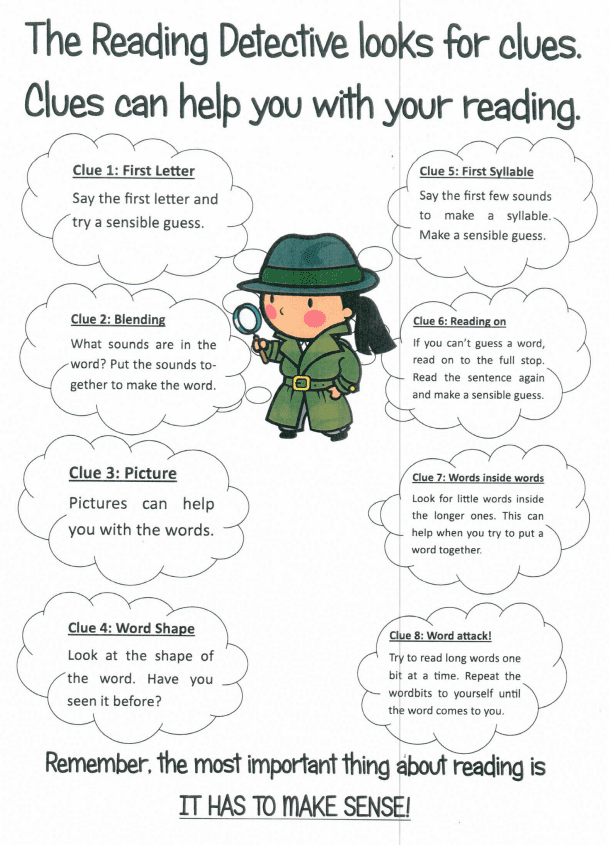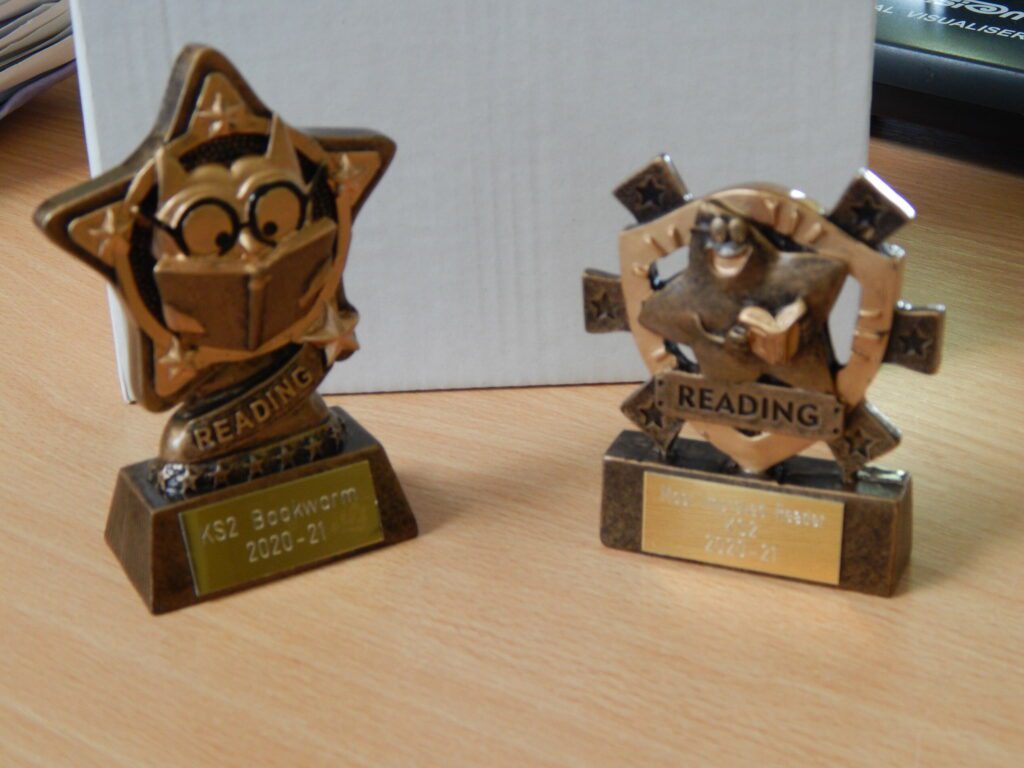PURPOSE OF STUDY
English has a pre-eminent place in education and in society. A high quality education in English will teach pupils to write and speak fluently so that they can communicate their ideas and emotions to others through their reading and listening, others can communicate with them. Through reading in particular, pupils have a chance to develop culturally, emotionally, intellectually, socially and spiritually. Literature especially plays a key role in such development. Reading also enables pupils both to acquire knowledge and to build on what they already know. All the skills of language are essential to participating fully as a member of society; pupils therefore who do not learn to speak, read and write fluently and confidently are effectively disenfranchised.
AIMS
- Read easily, fluently with good understanding
- Develop the habit of reading widely and often for both pleasure and information
- Acquire a wide vocabulary, an understanding of grammar and knowledge of linguistic conventions for reading, writing and spoken language
- Appreciate our rich and varied literacy heritage
- Write clearly, accurately and coherently, adapting language and style in and for a range of contexts, purposes and audiences.
- Use discussion in order to learn, they should be able to elaborate and explain clearly their understanding and ideas
- Are competent in the arts of speaking and listening, making formal presentations, demonstrating to others and participating in debate.
Spoken Language
Spoken language underpins the development of reading and writing. The quality and variety of language that pupils hear and speak are vital for developing their vocabulary and grammar and their understanding for reading and writing.
Spelling, Vocabulary, Grammar, Punctuation and Glossary
Opportunities to enhance pupils vocabulary arises naturally from their reading and writing. Pupils should be taught to use standard English. Grammar is taught and integrated within teaching.
Reading
The programme of study for reading in Key Stage 1 and 2, consists of two dimensions
- word reading
- comprehension (both listening and reading)
Writing
The programme of study for writing in Key Stage 1 and 2, are constructed similarly to those for reading:
- transcript (spelling and handwriting)
- Composition (articulating ideas and structuring them in speech and writing).
Reading
Here you will find our school’s Reading policy. You will also find out what and how we aim to achieve the highest standards of reading at St John Fisher for every pupil across each year group, as they leave our school at the end of Year 6 and how we make life long readers.
You will also find support for children in both Key Stage 1 and Key Stage 2.
Please see the Phonics area for resources for Reception and Key Stage 1 which include “how to say pure sounds”, red and green words.
Reading Intent Implementation Impact
Whole Class Reading coverage map
Recommended Reads Reception and Key Stage 1
READING TIPS FOR PARENTS Reception and Key Stage 1
How to support your child to develop comprehension skills alongside “decoding” skills by becoming a reading detective

READING TIPS FOR PARENTS Key Stage 2
Refine your detective skills and develop your comprehension further
From Year 2 to Year 6 children follow a spelling programme called Purple Mash.
ST JOHN FISHER READING AWARDS
Congratulations to our four winners (two from KS1 and two from KS2) who won the St John Fisher reading trophies at the end of the last academic year. We will be looking to award another four at the end of this academic year. The trophies will be awarded to those children who have tried hard to improve (most improved) and those who continue to read and show a real love of it (bookworm). Happy Reading!

INTENT
At St John Fisher we teach Phonics using the Ruth Miskin scheme; Read, Write Inc Phonics. The children start learning phonics daily on entry into the Reception Class and by the end of Year1 have the skills needed to pass the phonics screening test which the vast majority of our children do! (94% of children passed in 2024). We follow the sequence of the scheme which ensures the children learn the skills needed to learn to read, which then allows them to become readers who learn and life long lovers of books!

Click on the link below to hear how the “pure” sounds are pronounced
https://www.youtube.com/watch?v=qB6SvZscxgg
Please also see the list of “green” and “red” words the children will learn as they begin their reading journey.
Green words are decodable, you can “sound them out.” Red words are sight words and have to be learned.
Writing
It is our intent at St John Fisher to provide pupils with a high-quality education in English that will teach pupils to speak, read and write fluently so that they can communicate their ideas and emotions to others effectively.
At St John Fisher, writing is a crucial part of our curriculum. All children from Foundation Stage to Year 6 are provided with many opportunities to develop and apply their writing skills across the curriculum. Please click on the link at the bottom of this page to read our Writing Policy.
With regards to Writing, we intend for pupils to be able to plan, revise and evaluate their writing. To be able to do this effectively, pupils will focus on developing effective transcription and effective composition. They will also develop an awareness of the audience, purpose and context, and an increasingly wide knowledge of vocabulary and grammar. We also intend for pupils to leave school being able to use fluent, legible and speedy handwriting.
With regards to Spelling, teachers will show pupils how to understand the relationships between words, how to understand nuances in meaning, and how to develop their understanding of, and ability to use, figurative language. They will also teach pupils how to work out and clarify the meanings of unknown words and words with more than one meaning. Pupils will be taught to control their speaking and writing consciously and to use Standard English.

